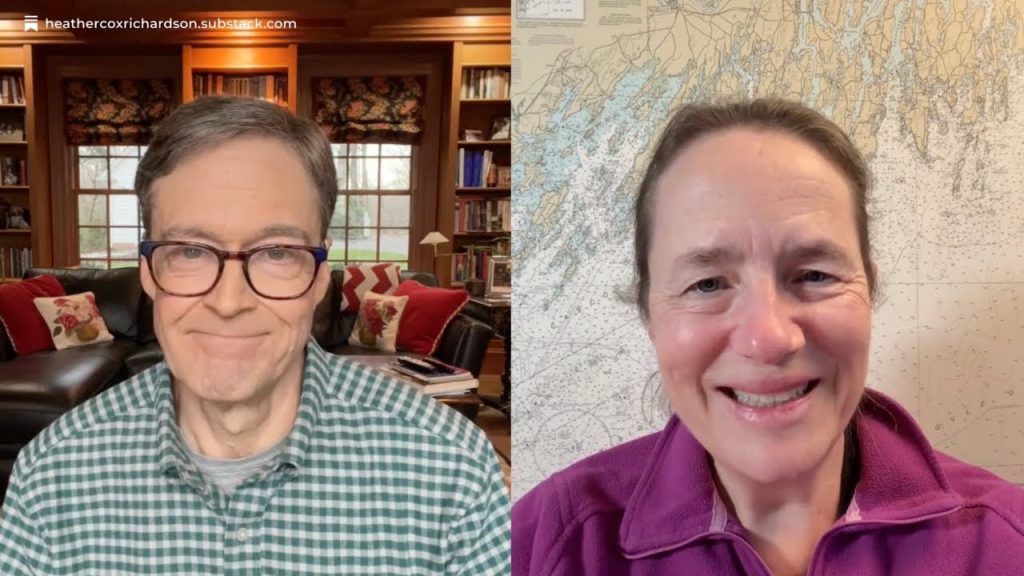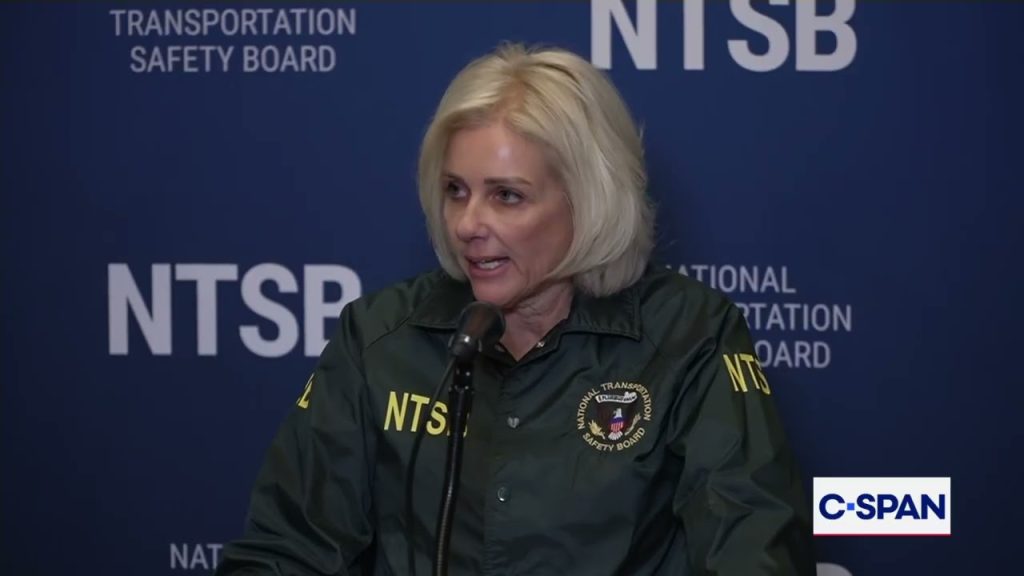The intriguing and provocative title “EPSTEIN DEATH EXPOSE: No fingerprints taken in Trump DOJ probe, Melber breakdown on case & AG Bondi” hints at fresh controversy in the ongoing scrutiny of Jeffrey Epstein’s death and related investigations. This title suggests that key procedural actions—such as fingerprint collection—may have been overlooked or deliberately omitted during a Department of Justice (DOJ) inquiry that overlaps with former President Donald Trump’s tenure. The mention of “Melber breakdown” references MSNBC’s Ari Melber, known for his legal and political analysis, while “AG Bondi” references Pam Bondi, the former Florida Attorney General often discussed regarding her alleged connections to Epstein and Trump.
Jeffrey Epstein, the financier and convicted sex offender, died in a Manhattan jail cell in August 2019, officially ruled a suicide. However, the suspicious circumstances surrounding his death have fueled significant public and media skepticism, spawning numerous conspiracy theories and calls for further investigation. Epstein’s extensive ties to powerful figures—including politicians, celebrities, and business magnates—have kept the case in the spotlight, challenging the government’s transparency and accountability.
The Trump DOJ’s role in this probe is particularly consequential given the former president’s past associations with Epstein, alongside broader scrutiny of how law enforcement agencies handle politically sensitive cases. The absence of fingerprint evidence, if accurate, raises questions about the thoroughness and integrity of forensic procedures in such a high-stakes investigation. Furthermore, Pamela Bondi’s involvement is notable due to her previous representation of Trump and her past connections with Epstein, which critics argue represent a potential conflict of interest or at least a cloud over official proceedings.
Media analysis and legal breakdowns—like those offered by commentators such as Ari Melber—play a crucial role in unpacking the complex layers of this case for the public. They help dissect the legal, political, and procedural dimensions, providing a clearer understanding of how the Epstein case may have been influenced by power dynamics and potential institutional failures.
As the Epstein death continues to provoke intense debate, the intersection of politics, justice, and public trust remains at the forefront. Independent investigations, journalistic inquiry, and vigilant legal review are essential to ensure accountability and to restore confidence in the rule of law.
Where to Learn More
- The New York Times – Comprehensive coverage of Jeffrey Epstein’s life, criminal cases, and death investigations
- PBS Frontline – Investigative journalism and background on Epstein’s criminal network and related inquiries
- NBC News – Explainers and updates on Epstein’s death and ongoing probes
- MSNBC Ari Melber – Legal and political analysis, including coverage of the Epstein case
- U.S. Department of Justice – Official statements and press releases related to federal investigations




